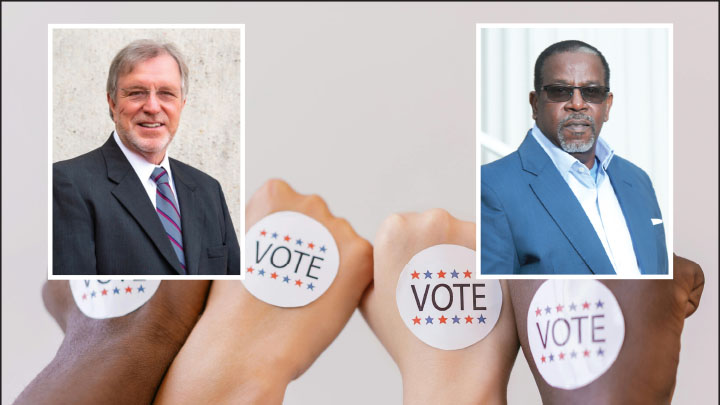Requiem for a very good man
Published 7:16 pm Thursday, May 10, 2018
“Here he lies where he longed to be,
Home is the sailor, home from the sea,
And the hunter home from the hill.”—Robert Louis Stevenson
ROLLING FORK — He called me “Ghost,” after my ancestor he admired, and I called him “Carlos,” after an international assassin.
The fact that neither is really accurate but both somehow fitting, is reflective of the somewhat unorthodox friendship I shared with Nick Chandler, a most eclectic man who when once asked his mailing address, replied, “just send it to White Man, Swiftown, Miss., and my neighbors will see that I get it.”
In the Revolutionary War, he might have been a patriot partisan with “the Swamp Fox,” Frances Marion. In the Civil War, he might have ridden alongside my Uncle John as a scout for J.E.B. Stuart.
As it was, Nick was something of a Mississippi Delta version Renaissance Man, while at the same time a study in contradictions.
Over the course of almost 30 years, each of us came to believe the other to be the smartest man he knew, and at least one of us was right. He understood politics better than big money consultants and human nature better than a first rate con man.
He could quote more scripture than a traveling tent preacher (and unlike a slew of them, he also lived it) but he was also known to have left hand-caught venomous snakes and spiders as not so subtle warnings in the vehicles of those he found poaching on his land. I’d bet a lot of money he never cut on a computer in his life, but he could talk on the telephone with the endurance and enthusiasm of the town gossip at the beauty shop in the middle of a scandal.
Mexican beer commercials notwithstanding, Nick Chandler just might have been the most interesting man in the world.
My grandfather was fond of saying that a man was better judged by his enemies than by his friends, and Nick and I shared some of the same ones, most of them either rich or powerful or both. We fought many a battle, most of them largely unknown, did Nick and I, and while always outnumbered, we won at least as many as we lost. He told me once that we would have been in a heap of trouble if any of the checker players we were up against knew how to play chess.
I made the mistake of telling him an old newspaper maxim that allows as how the smart folks in the business know not to answer the phone after 4 p.m. on Friday because that’s when all the crazy people call. It’s like they store it up all week until they can’t stand it any more and have to share the craziness with you, I told him. So, quite naturally, for years now when I’m about to close down the shop on Friday afternoons I have been reasonably safe in anticipating a phone call from Nick. “It’s after four o’clock, I wouldn’t want you to feel neglected,” he was wont to say.
Ours might have been about the most unlikely friendship ever, and it happened almost instantly one day in 1989 when he walked up to my desk in the Clarksdale Press-Register and said he wanted to shake the hand of the only man who had ever managed to take his picture. That, right before he told me that he didn’t have much use for news folks, as he found them to be both “imprecise” when it came to the truth and generally uninformed. He allowed as how he might have to make an exception, though, for me, as after the photo of him helping out the occupants of a water-logged shanty in that year’s flood appeared on the newspaper’s front page, he’d made it his business to find out that I was neither.
To know Nick at all was to know that he drove his vehicles very fast. To know Nick well was to know that he also drove them very, very skillfully. He was the best driver I’ve ever seen who didn’t make his living making left turns on NASCAR racetracks.
You can have your “Capt. Sully.” He only landed a big ole plane in a big ole river. I was in the car with Nick when he bobbed and weaved at 100 miles an hour through eight lanes of traffic in Roanoke, Virginia, at rush hour, during a thunderstorm.
Maybe that is what makes his death in a car accident last Thursday night so painfully ironic.
It is a pain buffered only slightly by the knowledge that if Nick Chandler had to die, there is no place he would rather have done so than on one of his beloved country roads in the Delta.
My daughter loved him dearly as did my grandson, because he always treated them both more like his than mine. He was simply “Mister Nick,” and he was family.
And I loved him, too, and there is now a hole in my sense of things good and decent where the best friend any man could ever have and the best one I did used to be.
And never again will I be able to smile when the phone rings after four o’clock on Friday.
Ray Mosby is editor and publisher of the Deer Creek Pilot in Rolling Fork





